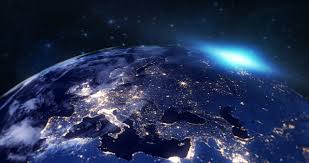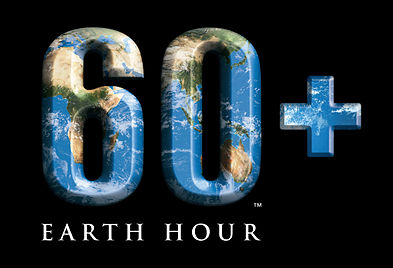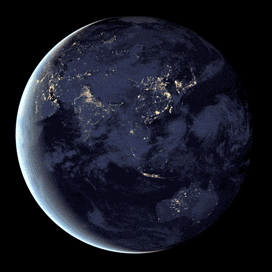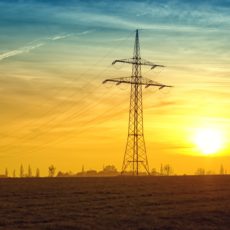

Tomorrow is Earth Hour. The movement organized by the World Wildlife Fund (WWF) is in its 13th year. Annually the event encourages businesses and the community to switch the lights off for 1 hour (between 8.30 & 9.30pm) and speak up about why nature matters.
In 2007, Earth Hour began in Sydney, Australia, with the backing of Media and the Sydney Mayoral Office. Inspired by the Sydney event, later that year, San Francisco organized its own “Lights Out” event in October. Following the success of these in 2007, Earth Hour was celebrated in 2008 by over 400 cities in 35 Countries. Global Landmarks switched off non-essential lighting and even Google’s Homepage went dark for a day. 36 million Americans participated in Earth Hour.
The WWF distances itself from counting this as a carbon reduction exercise. This is not a measure to reduce Climate Change. From their website:“Earth hour does not claim that the event is an energy or carbon reduction exercise – it is a symbolic action. Therefore, we do not engage in the measurement of energy or carbon reduction levels. Earth Hour is an initiative to encourage individuals, businesses and governments around the world to take accountability for their ecological footprint and engage in dialogue and resource exchange that provides real solutions to our environmental challenges. Participation in Earth Hour symbolizes a commitment to change beyond the hour.”
Nevertheless, by estimating the carbon savings in the US from the Earth Hour community, we have an indication of the difference long term changes can make. In fact looking at the numbers, we realize that by embracing the sustainable community we can make a significant impact.
If only a quarter of the country participates this year, 1750 tons of CO2 will be saved during Earth Hour. That amount of carbon would take over 2000 acres of forests, a year to sequester. But what about the education it provides? This we cannot estimate. But if the same community saves an hour per week that is almost 100,000 tons of CO2 savings, and the footprint of over 40,000 sustainable citizens.
Several outlets have argued the validity and effectiveness of Earth Hour, but it seems just like the current US administration – they don’t get it. To state that people in the developing world have no choice in participating (“they will be living without reliable electricity on Saturday night, just like they do every other night”), or that candles have the same carbon footprint is grossly overstated. The people in the developing world are not the problem, they already live within a sustainable carbon footprint – and certainly not by their choice. In the developed world where individuals carbon footprint is 7 times over the sustainable limit, we need to continually raise awareness. The movement is not about switching off but raising awareness and spur on other initiatives.
But what else has Earth Hour achieved:
- WWF-Uganda created the world’s first Earth Hour Forest
- More than 250,000 Russians voiced support for better protection of their country’s seas and forests
- Argentina used its 2013 Earth Hour campaign to help pass a Senate bill for a 3.4 million hectare Marine Protected Area in the country
- Thousands of wood-saving stoves were distributed to families in Madagascar
- Solar-powered lights were installed in three villages without electricity in India
- In Paraguay, WWF used the Earth Hour platform to build public support to gain an extension of the logging moratorium, helping to reduce deforestation
- Education programs for schools were launched in Thailand and Taiwan
- Hundreds of thousands of LED lights were installed by girl scouts in the USA
- More than 2,123 mitigation actions submitted by Earth Hour City Challenge 2014 participating cities
In 2018, 188 countries participated in Earth Hour with over 17,900 landmarks also participating. There were 3.5 Billion impressions on social media with official tags. In 2019 this is expected to significantly grow. Harnessing the momentum sparked by action for climate change groups, Earth Hour should be used by communities, businesses and governments to proactively change the way they interact with our Earth.
For the 2019 Earth Hour, join the sustainable community in using your voice to curb the worst effects of Climate Change and commit to working towards a low carbon world.




